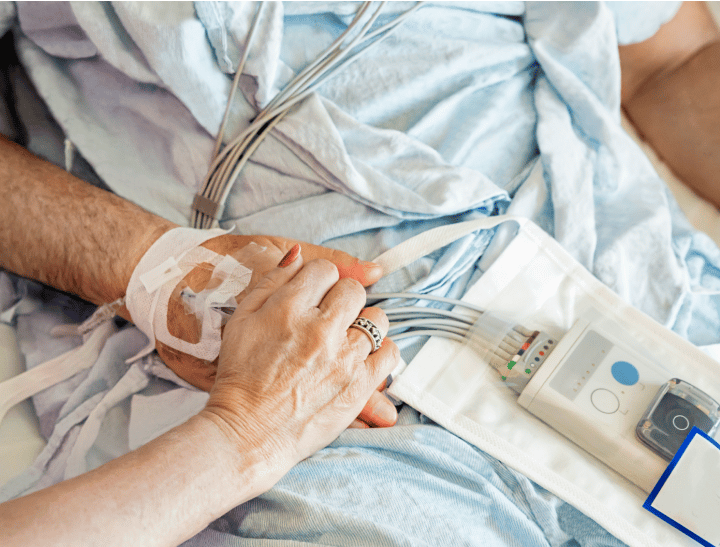
A stroke sufferer’s wife warns others not to ignore the small, lesser-known signs.
When Jodie Niven’s 41-year-old husband mentioned some symptoms he was having, she thought it was just a case of man flu.
But a niggling feeling that something was not quite right led her to keep questioning him.
It turned out to be a stroke. And her early intervention meant the father of two was one of the “lucky ones”.

Top Comments
Hi, this is Jodie Niven, the author of this post regarding Stroke. You have not reached out to me for comment before posting this story, and I have not given you permission to use my post, or my image in association with this story. I would really appreciate you removing my image from your website and contacting me immediately via my Facebook page.